I am Wirsiy Emmanuel Binyuy and I work for Cameroon Gender and Environment Watch (CAMGEW), a non-profit organisation based in Oku, Cameroon. CAMGEW works to sustain the environment to ensure that people are free from poverty and gender inequality. CAMGEW works on forest conservation, environmental education, apiculture, agroforestry and eco-businesses like women’s microcredit schemes and vocational training. This work is done with rural communities with little employment opportunities and with a high poverty rate. Women have fewer opportunities. I have been working on environmental issues for 15 years in Cameroon.
From September 23-25 I participated in a reflection workshop organised by Well Grounded and IUCN that focused on improving collaborations amongst civil society groups and also improving relations between these groups and the communities they represent; from my perspective, it was a very welcome initiative.
I learned how to gain public acceptance from the communities where I work. The workshop helped me as a leader to understand the best techniques and strategies to use in bringing community stakeholders to the table to discuss forest issues. I learned from the experiences of other national and international organisations on how to bring about the change that I want to see in the communities where CAMGEW works: for instance, I learned from Patrick SAIDI HEMEDI of the organisation Dynamique des Groupes des Peuples Autochtones (DGPA) in the Democratic Republic of Congo about how to involve policy makers like Parliamentarians so that they make decisions that favour people living in rural communities.
The skills I gained during the workshop helped me think about how I can work better in CAMGEW and also support my own community and tribe (the Nso) as an elite. This was the case with the campaign led by SAILD that led to the banning of imported frozen chicken in Cameroon: I learned that by working together as a team gives force and makes our local actions have a global impact in addressing environmental problems. I learned how other organisations have used team spirit or collaborative action to bring about the change that they wanted locally, nationally and internationally.
I left the workshop with much more confidence in myself and believing that the change I want to see in my community can be realised with the kind of potential that I saw embedded in me and other participants that can be tapped. The workshop helped me to know how to collaborate, network and create partnerships that will help me bring the change I want to see in my community. The changes I wish to see are explained in my dream below. The selection of participants at the workshop was good and I found all of the invited persons useful and that is why I kept their contacts for continuous exchanging with them with the vision of using their knowledge to help build my community.
I have a dream to develop local communities in collaboration with stakeholders and a community of CSOs with the following characteristics:
- A community where social and environmental justice are put at the centre of development;
- A community that gets a fair benefit from their natural and human resources;
- A community where all stakeholders come to the table to make decisions that protect the interests and rights of their members while protecting the environment;
- A community where members have a right to question any action made by their leaders, and they get an answer.
I feel that I contributed through the exchanges during the workshop and that others learned from me too.

